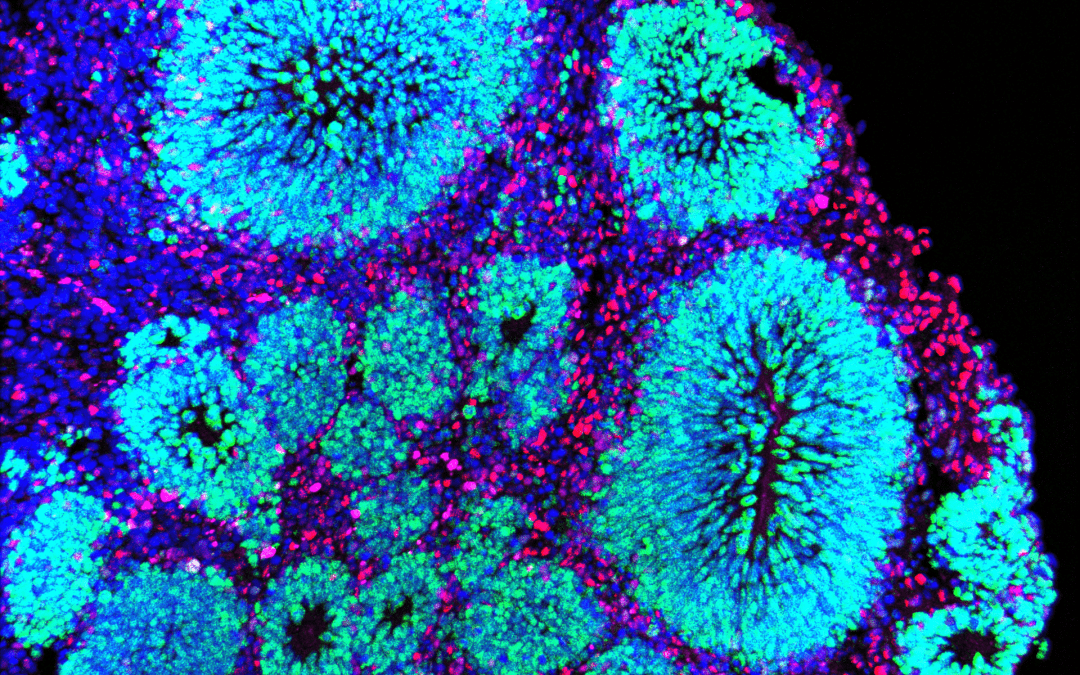News

Thought begins before we are born — recent research challenges the popular “blank slate” theory
By Emily Cerf Read on the UC Santa Cruz Newscenter Humans have long wondered when and how we begin to form thoughts. Are we born with a pre-configured brain, or do thought patterns only begin to emerge in response to our sensory experiences of the world around us?...

Why brain organoids are not conscious yet
In a perspective article for Patterns, Braingeneers researcher Kennith Kosik explains what brain organoids are and what they could become. While organoids raise questions about whether they could become conscious, Kosik emphasizes that current technologies fall far...

The need for a global effort to attend to human neural organoid and assembloid research
The ethical issues surrounding human brain organoid research are becoming more pressing as technology to generate these organoids improves. In an article for Science, Braingeneers member Henry Greely argues that it is critical that we establish an international...

Effort aims to uncover the learning and reasoning potential of brain organoids
The Braingeneers team will to test the ability of brain organoids to solve tasks in real time

Brain cells are more plastic than previously thought, study shows
Using in-vitro models of a specific type of brain cell, scientists show that neurons are capable of changing from one type to another March 31, 2025 By Emily Cerf Neurons are the cells in the brain responsible for sending messages to the rest of the body, and...

New grant funds effort to uncover therapeutic targets for neuropsychiatric disorders
By Emily Cerf A $10.3 million grant from the California Institute for Regenerative Medicine (CIRM), the state’s stem cell agency, will fund a multi-UC effort to better understand neuropsychiatric disorders. One in five people in the U.S. experience a neuropsychiatric...
New Genetic Clues to the Mystery of Your Giant Brain
Compared to gorillas and orangutans, our brains are 3X as big. Brain size is likely a big part of what makes us human. UC Santa Cruz and UCSF scientists recently made an important discovery shedding light on how we got big brains.
